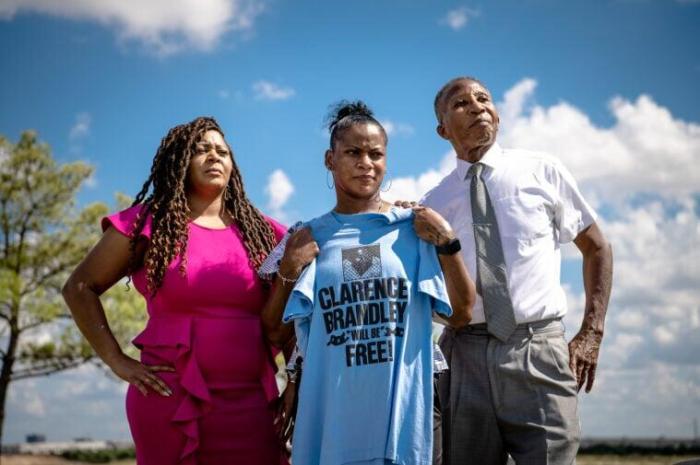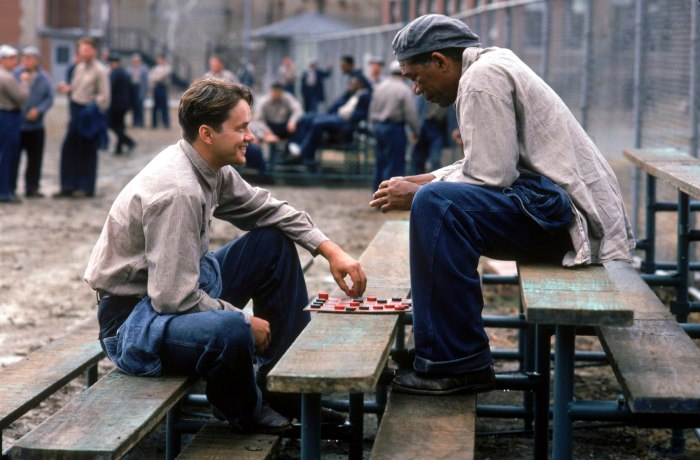The plight of the unjustly convicted is a profound miscarriage of justice that has far-reaching consequences. Despite the presumption of innocence enshrined in our legal systems, wrongful convictions continue to occur, leaving innocent individuals languishing in prison and eroding trust in the justice system.
This essay delves into the causes, consequences, and potential reforms to address this pressing issue, highlighting the urgent need for a just and equitable society.
Causes of Wrongful Convictions

Wrongful convictions can result from a complex interplay of factors, including:
Eyewitness Misidentification
- Eyewitness accounts are notoriously unreliable, as memories can be distorted by stress, suggestion, and confirmation bias.
- Cross-racial identification is particularly prone to error, as people are less accurate at recognizing faces of different races.
Prosecutorial Misconduct and Tunnel Vision
- Prosecutors may engage in misconduct, such as withholding evidence or intimidating witnesses, in order to secure convictions.
- Tunnel vision can occur when prosecutors become so focused on a particular suspect that they ignore evidence of innocence.
Flawed Forensic Science and False Confessions, Plight of the unjustly convicted
- Forensic science techniques, such as fingerprint analysis and ballistics, can be flawed and lead to erroneous conclusions.
- False confessions can be coerced through improper interrogation techniques or psychological pressure.
Helpful Answers: Plight Of The Unjustly Convicted
What are the leading causes of wrongful convictions?
Eyewitness misidentification, prosecutorial misconduct, flawed forensic science, and false confessions are among the most common causes of wrongful convictions.
What are the consequences of wrongful convictions?
Wrongful convictions have devastating consequences for the unjustly convicted, including emotional and psychological trauma, financial ruin, and social stigma.
What are some reforms that can help prevent wrongful convictions?
Reforms include improving eyewitness identification procedures, strengthening prosecutorial ethics, enhancing forensic science methods, and implementing stricter interrogation protocols.
What is the role of innocence projects in addressing wrongful convictions?
Innocence projects are organizations dedicated to exonerating the wrongly convicted through DNA testing, legal advocacy, and public education.

